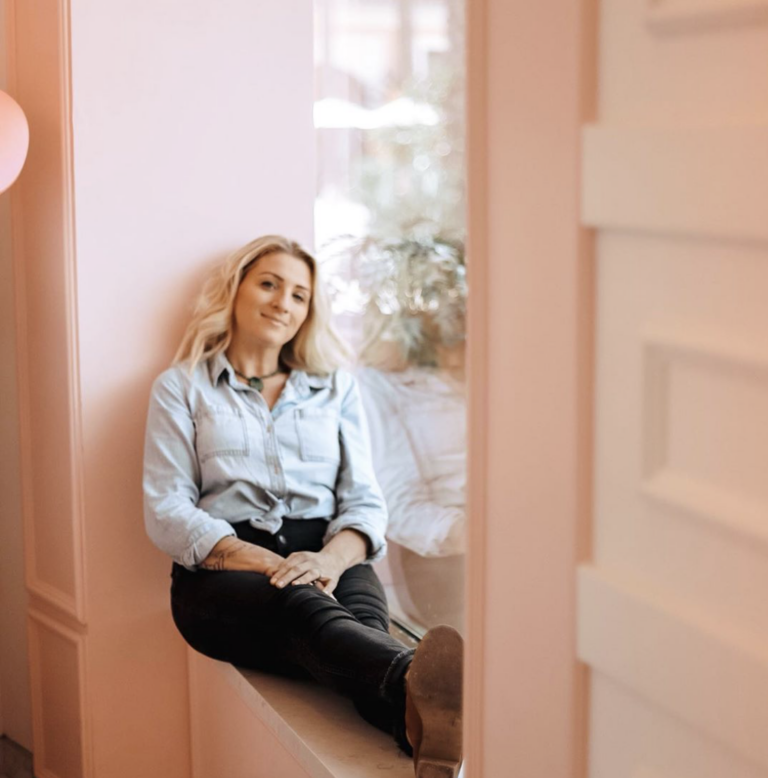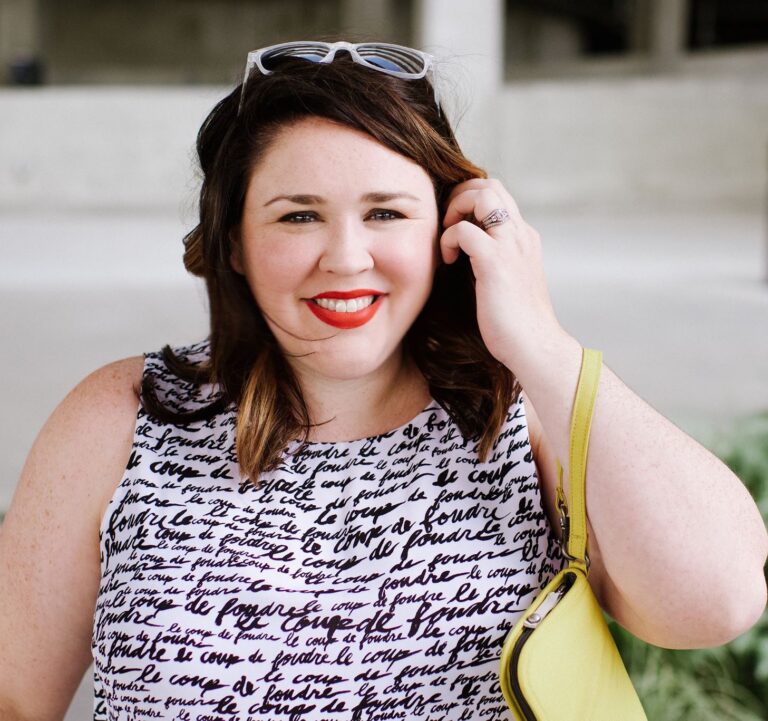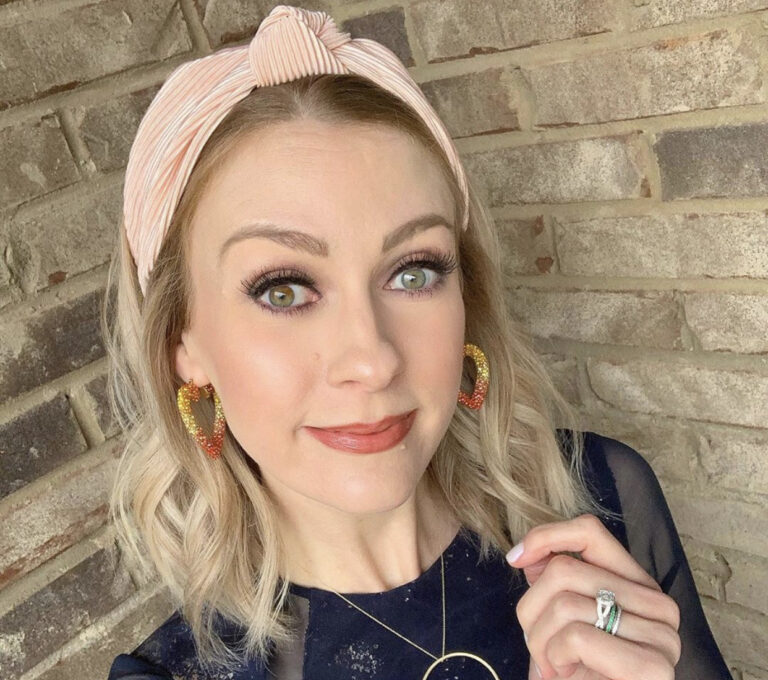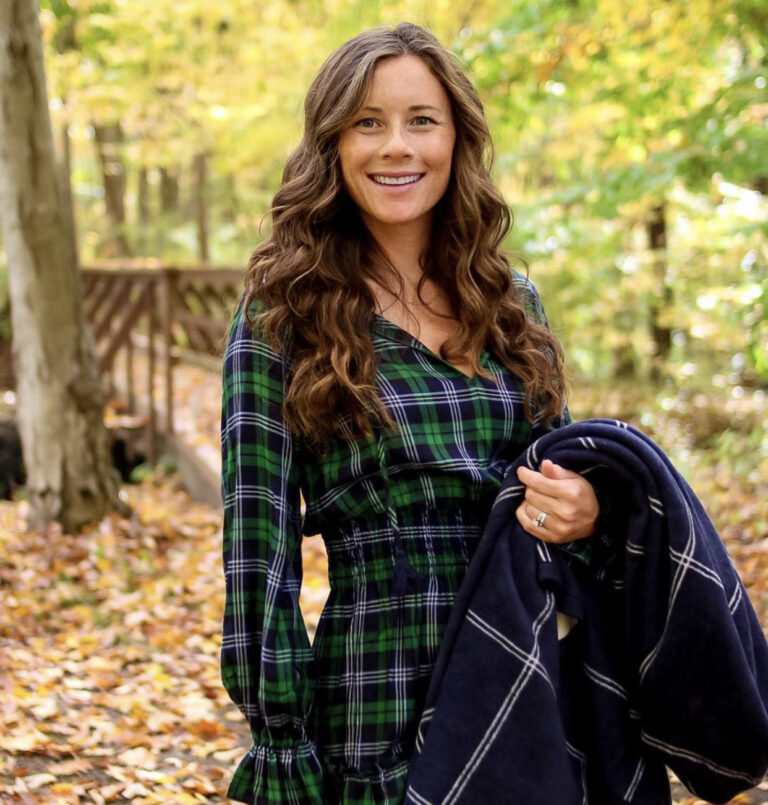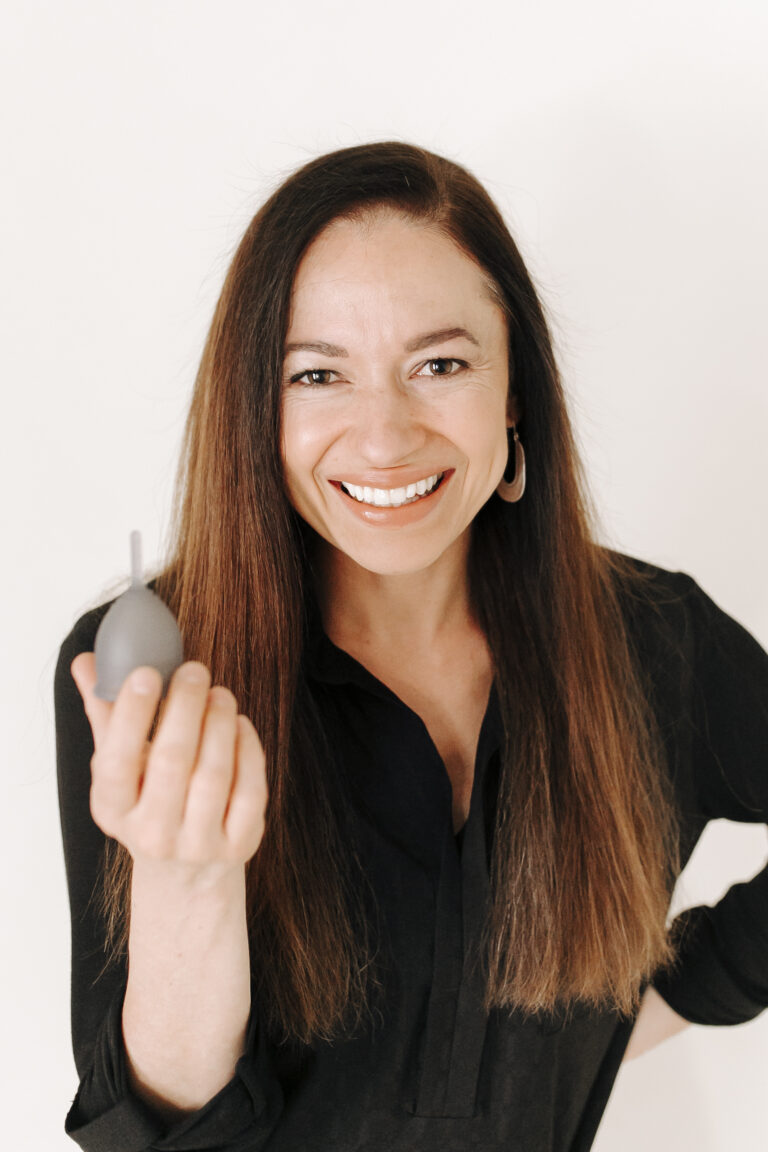In this episode, Stephanie Dua talks about HOMER – the company she cofounded – and where she was in her motherhood journey at this point. She also shares how you can focus on moving your business forward without letting your family become second priority, her personal tips on balancing a busy work life AND thriving family life and how we can all feel a little less mom guilt. We also chat about 3 usable action steps every working mom can take to implement a routine for herself and her children. You can find Stephanie and HOMER here!
3 Actions Steps To Implementing A Steady Routine with Stephanie Dua
Stephanie began her career at McKinsey & Company and spent 20 years in the trenches of public education before founding HOMER. She served as the CEO of the New York City Department of Education’s Fund for Public Schools, raising more than 165 million private dollars to support literacy and teacher training efforts in the country’s largest school district. As a management consultant at the Robinhood Foundation, she helped to build 50 award-winning new school libraries across the City. As a Senior Advisor to the Bill and Melinda Gates Foundation and the Carnegie Corporation of New York, Stephanie collaborated with school leaders across the country. A graduate of UCLA and the Harvard Kennedy School, Stephanie lives in Coconut Grove, Florida, with her husband and three daughters.
TUNE IN + SUBSCRIBE TO YOUR FAVORITE PLATFORM:
Apple Podcast | Spotify | Stitcher | Google Play
BULLET POINTS FROM THIS EPISODE:
- What does hustle like a mother mean to you?
- That idea of having to wear many hats, have many jobs from a young age, always resonated with me. I feel like that’s even in its fullest as a mother. You have so many demands on your time, it doesn’t matter whether you’re a working parent or not a working parent outside the home, you know, that the hustle is real.
- When you talk about hustling like a mother, I think that there’s obviously the literal, right? I don’t know any mother that ever sits still. But then there’s a more figurative, which is how do we give the best for our children? How do we manage all the demands on our time and find ways to be present with our kids?
- Tell us about HOMER. What is it? How did this idea come about? You’re the co-founder and you know, where were you and your motherhood journey at this point? What did that look like for you?
- I started Homer, not because I wanted to just start a business per se. It was really because I felt super helpless. My oldest daughter was a really anxious reader and she wanted my help and she was feeling a total lack of confidence. So I said, what can I do? And they said that there was nothing that they trusted, you know? And so I’m like, wow, all these experts, there was really nothing for parents.
- I thought maybe I could build a company that does good and that’s really mission-oriented. I’ve always been in mission-oriented fields. And along the way, do something really good for my own daughter and try to help solve this problem.
- You asked where I was. I had three kids. I had a five-year-old, a three-year-old, and an infant when I started. I started this company and I was traveling and trying to raise capital. And I took my kids with me sometimes. My husband traveled four days a week. So it was really, really, really tough.
- And so I thought, what if we built something that really mimicked what a great teacher is? And that was the original concept for HOMER was really bringing these great teaching opportunities with the fun of an iPad into the home.
- How can you focus on building a business, moving it forward, without letting your family become a second priority?
- They were always part of it. I explained what I was doing. I brought them into user testing. They helped me develop part of the app. They were part of the energy of it. They saw me in my struggles, you know, trying to balance, they saw that I couldn’t do it all.
- It was messy, but they now see that they have options, right? Like they’re young women that can think about what options they want and that there are a whole range of things that they can do – whether they want to have kids or not, whether they want to work or not, that they could be entrepreneurial and there are ways to do that and have a family as well.
- What are the main takeaways that you have for balance? And is it really even attainable?
- One is just being aware of the judgment and the judgment is so much about what we put on us. I mean, some of the judgment comes externally to us, but a lot of it is just being really hard on ourselves as moms.
- Challenge yourself to say you’re a normal human, you’re not going to be able to do all of that. Try and get a C on some things. As moms that are hustling, we always want to do well. We want to get the A or the A+ and I think you have to say some things you can get a C or even a C-
- I’ve had to really cut back and say if I can’t do all the to-do lists, that’s okay. If you get caught in that and you’re not really present with them, I think the presence is so much more important than the doing. So, one is like reset expectations. Two is get a fail or get a C on some things. Allow them. And then three, really just thinking about the being present and not the doing.
- Screen time is kind of a hot subject. How much is too much? So as the co-founder of a company who operates on screen time, what is your opinion on this? What are your thoughts?
- I think that the challenge is that not all screen time is equal. It depends really on the content that you’re experiencing. Obviously, I think there should be limits. Should a child be on the screen all the time? No. But I think it depends on what they’re consuming for content. The way we built the apps is that you really only need to use the apps for like 15 to 30 minutes a day to get the benefit.
- I think you have to look up quality content, number one, for sure. But second, you can’t be too hard on yourself. In certain situations, if you break the rules, whatever those family rules are, that’s okay too.
- What would you say are three action steps that my listeners can walk away from today? To start implementing a steady routine for herself and her children so that everybody can continue to feel like they’re thriving.
- One is I had them from a young age read for 15 minutes a day. And then I lengthened it up to 30 minutes a day, but I did that when they were as early as three years old.
- I connected reading with relaxation and fun. So I’d always say before we go away on a holiday or long weekend, you could go to a library or a Barnes & Noble and we’ll pick books. As they got older, they got an allowance, but books were always outside of your allowance. They just kind of associated, wow, books are really fun.
- I tried to not get in the way of my kids’ homework. It’s really tempting to edit your kid’s work, or look at the problem and say, Hey, I don’t think you did that math problem correctly. But the challenge of that is: one, their teacher doesn’t really understand what their capability is. Two, you’re not building that independence for that child to fail, make mistakes, and then learn from it.
- Can you tell us where we can find you on the internet? Where we can find HOMER?
- You can find everything you want to learn about HOMER at www.learnwithhomer.com We have apps, classes, plus a lot of parent tools.
- You can find me personally on Instagram at https://www.instagram.com/_growinggood_ which is my passion project around how to make things simpler for parents.

